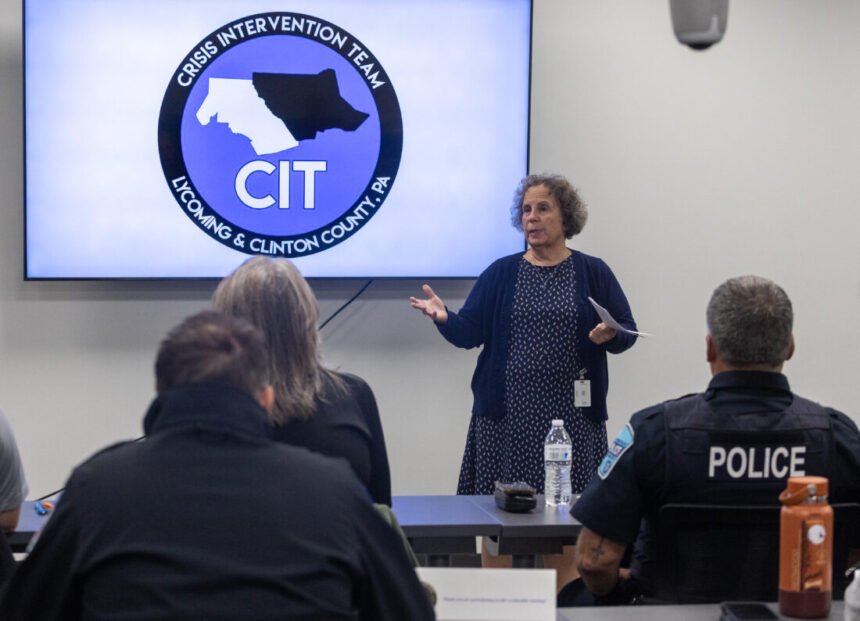Community Intervention Teams (CITs) have become an essential pillar of modern mental health care, bridging the gap between hospital treatment and daily life. These specialized teams deliver timely, compassionate, and holistic support to individuals facing mental health crises or at risk of relapse. By understanding how Community Intervention Teams function, we can appreciate their vital role in improving recovery outcomes and reshaping mental health services for the better.
What Is a Community Intervention Team?
A Community Intervention Team is a multidisciplinary group of healthcare professionals—typically including mental health nurses, social workers, psychologists, and other allied specialists—dedicated to providing urgent assessments and continuous support within community settings.
Rather than limiting care to hospitals or clinics, CITs bring mental health services directly to where patients live. This localized model ensures quicker access to help, promotes stability, and often prevents hospital admissions altogether.
For example, the Community Intervention Team Cork has been instrumental in reducing psychiatric hospitalizations in its region by offering intensive, community-based treatment and crisis management programs.
How Community Intervention Teams Support Mental Health
Mental health crises demand swift, sensitive, and integrated responses. CITs are trained to address emergencies through a holistic approach—treating both the medical and social aspects of mental distress.
Their role goes beyond immediate crisis response. CITs also focus on long-term recovery, rehabilitation, and connecting individuals to broader support networks. Services may include:
-
Crisis assessment and stabilization
-
Medication management and monitoring
-
Counseling and psychosocial support
-
Coordination with families, caregivers, and community organizations
By providing help in familiar environments, these teams reduce stigma, empower individuals, and promote self-management. Additionally, tools like the Community Intervention Team referral form streamline patient access, ensuring that those most in need receive timely intervention.
Community Intervention Team Jobs: Career Opportunities and Requirements
Working with a Community Intervention Team offers a meaningful career for professionals passionate about mental health and community care. Typical roles include:
-
Mental health nurses
-
Social workers
-
Psychologists
-
Occupational therapists
-
Crisis intervention specialists
These positions require strong skills in assessment, crisis management, and community-based care. Professionals in this field often work flexible hours and must be adaptable, empathetic, and excellent communicators.
As healthcare systems worldwide prioritize community-based mental health services, demand for qualified CIT professionals continues to grow. Gaining experience in mental health nursing, counseling, or social care, along with relevant certifications, can open doors to fulfilling roles within these teams.
The Importance of Referral Forms in Community Mental Health Services
The effectiveness of Community Intervention Teams relies heavily on efficient referrals. The Community Intervention Team referral form serves as the primary gateway for patient access, typically completed by healthcare providers, social services, or family members.
This form collects vital details such as patient history, symptoms, and risk levels, enabling CITs to triage cases quickly and prioritize urgent needs. Many teams now use digital referral systems to enhance communication, minimize delays, and improve coordination among service providers.
Educating frontline staff on how to correctly complete and submit these forms is crucial for ensuring timely, effective mental health interventions.
Early Intervention Community Teams: Partnering for Preventive Care
Early Intervention Community Teams (EICTs) complement CIT services by focusing on early detection and prevention of mental health crises. Their work includes providing psychotherapy, medication management, family education, and social support to individuals showing early signs of mental illness.
By collaborating with Community Intervention Teams, EICTs help reduce hospital admissions and improve long-term outcomes. Together, they form a comprehensive, proactive care system designed to promote mental wellness within the community.
Read More: The Future of Crisis Intervention Teams in U.S. Law Enforcement
Conclusion
Community Intervention Teams represent a transformative step in mental health care—shifting focus from institutional treatment to personalized, community-based support. Their ability to deliver rapid, continuous, and compassionate care close to home not only eases pressure on hospitals but also empowers patients to take charge of their recovery.
Organizations such as the Substance Abuse and Mental Health Services Administration (SAMHSA) emphasize the value of integrated, community-focused mental health strategies as a global best practice. To learn more, visit the official SAMHSA website: https://www.samhsa.gov.









